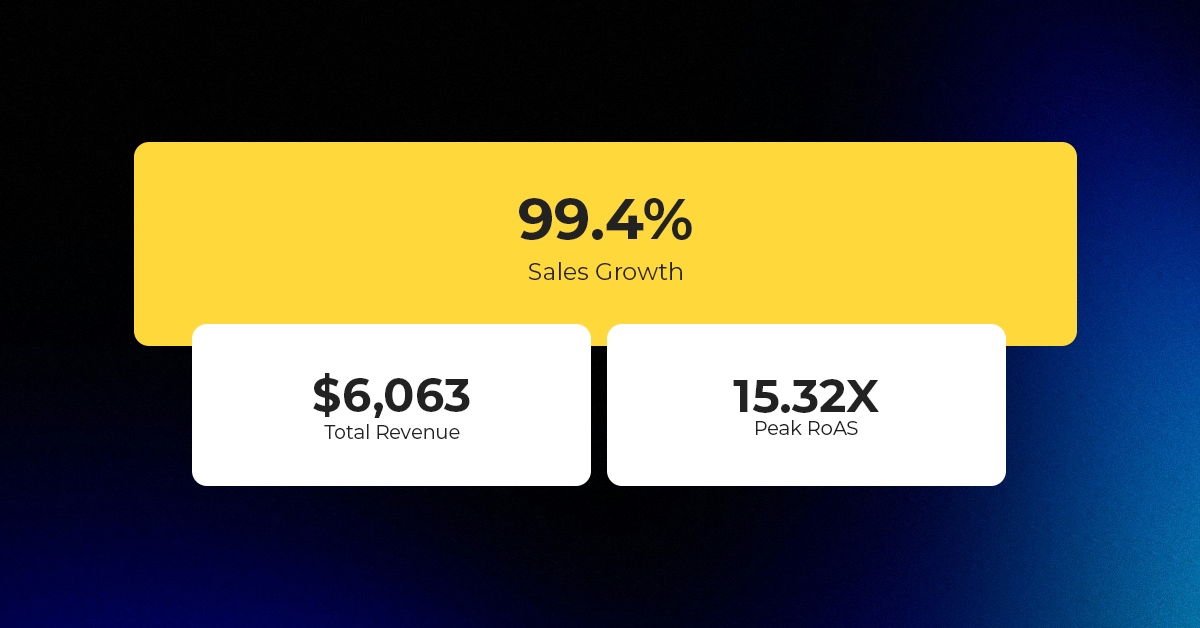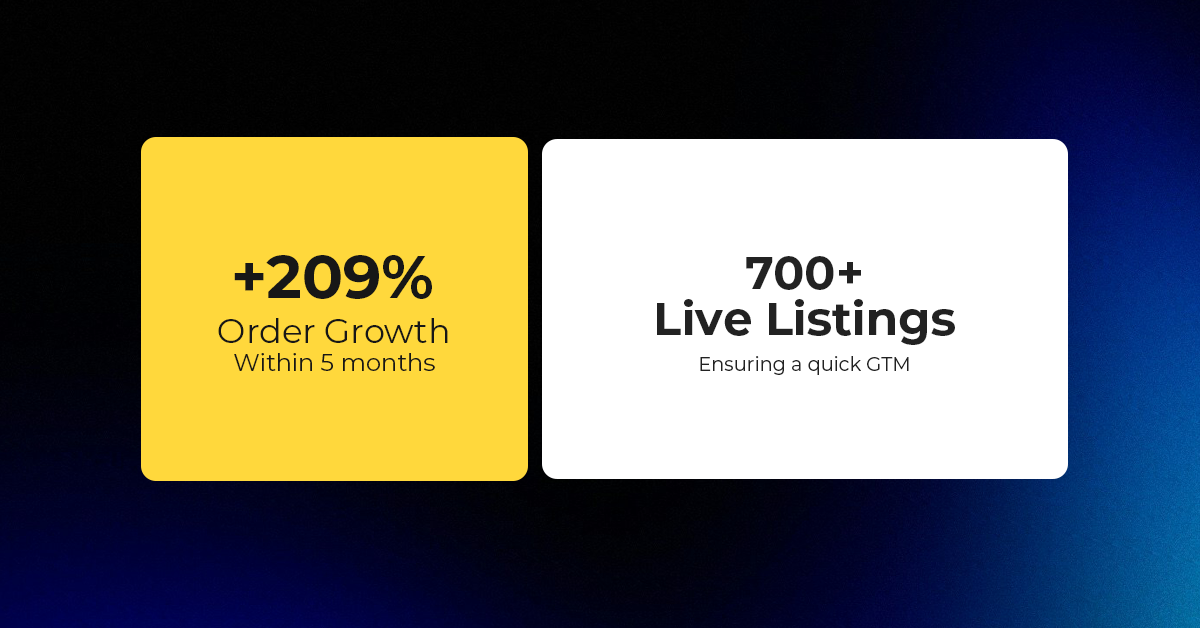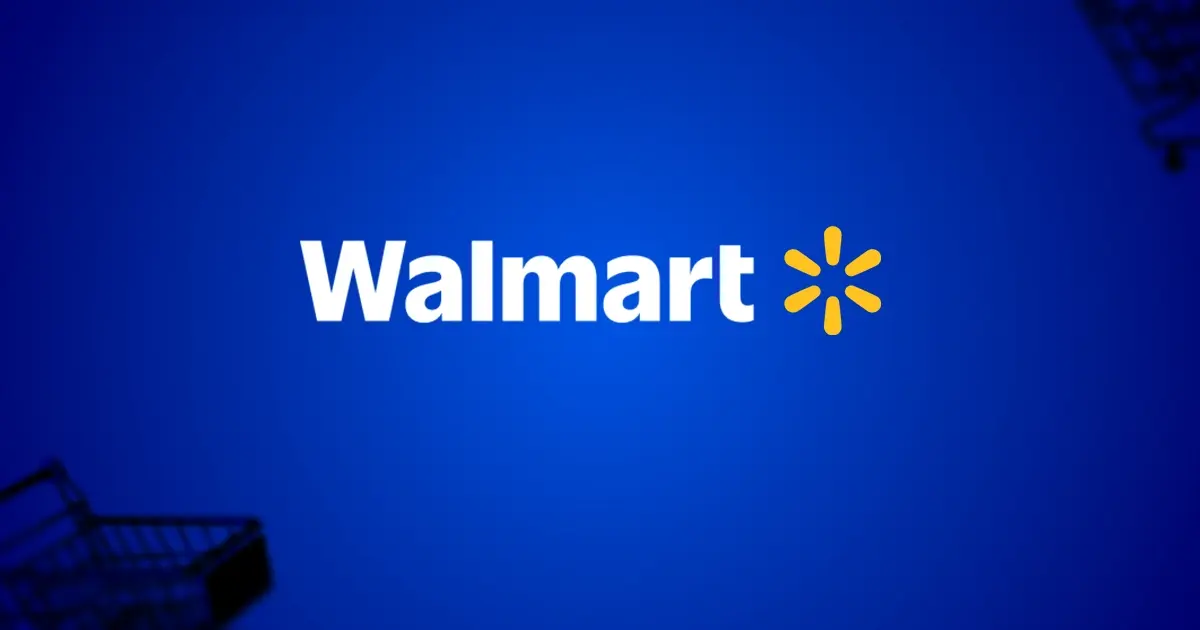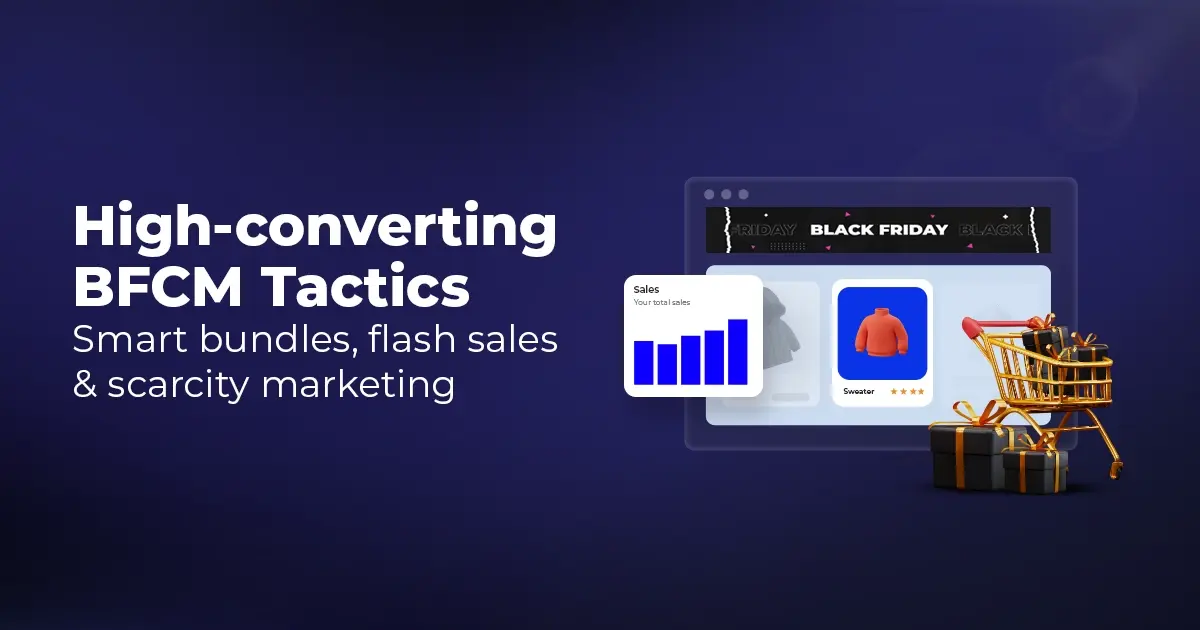TikTok Shop Raises Seller Fees Across Europe as Platform Pushes for ‘Content-Driven Commerce’ Expansion
Reading Time: 3 minutesTikTok Shop is raising its sales commission for merchants across five active…
Amazon has introduced new upgrades to assist both third-party and Amazon Business sellers during this holiday season. The launch of Amazon Business Restock enhances Amazon Business’s offerings for bulk and frequent buyers. The service offers a replenishment program that includes advanced AI-powered inventory management tools and internet-connected vending machines.
Meanwhile, third-party sellers will also benefit from Amazon’s improved inbound fulfillment network. It has been designed to distribute inventory faster and closer to customers. These developments open exciting new opportunities for sellers to streamline their businesses by driving efficiencies across Amazon’s network.
Amazon Business Restock targets B2B clients who need reliable restocking options. From breakroom supplies to IT gear, Restock offers managed inventory services. Additionally, it will soon roll out vending machines in select locations. This will allow business clients quick access to essentials while Amazon automatically tracks and processes transactions.
This AI-driven system predicts inventory needs, helping Amazon Business sellers optimize stock levels, especially during peak times. If you’re targeting business buyers, leverage these new features to ensure your clients never run out of critical items. Add SKUs popular in high-demand business categories (like PPE, electronics, or office supplies) to your catalog. This can help you position your store as a go-to solution for business buyers using Amazon’s Restock services.
On the fulfillment side, Amazon has revamped its inbound logistics network. There has been a 25% improvement in inventory across U.S. fulfillment centers. This growth is supported by new facilities and enhanced automation. Moreover, it allows for faster processing and delivery times—a critical advantage for sellers as we enter the busiest time of year.
However, some sellers are experiencing capacity challenges at West Coast facilities, so Amazon is rerouting inventory to the East Coast, offering reduced fees for these placements. Sellers can meet seasonal demand and benefit from Amazon’s fulfillment enhancements by preparing for potential reroutes. Additionally, maintaining clear inventory counts, and staying flexible with stock locations will help.
With streamlined inventory placement and faster delivery speeds, Amazon sellers can look forward to capturing more of the holiday shopping frenzy. As Amazon invests in both technology and infrastructure, it’s a great time for sellers to optimize listings, diversify product lines, and take full advantage of new logistical efficiencies.

Reading Time: 3 minutesTikTok Shop is raising its sales commission for merchants across five active…

Reading Time: 11 minutesBy now you have seen your BFCM 2025 numbers. The harder question…

Reading Time: 3 minutesAbout the Brand Name: Vanity Slabs Inc Industry: Trading Slabs- Vanity Slabs…

Reading Time: 2 minutesAbout the Brand Name: Ramjet.com Industry: Automotive Parts & Accessories Location: United…

Reading Time: 2 minutesAmazon is rolling out strategic referral fee reductions across five major European…

Reading Time: 4 minutesQuick Summary: Scaling Lifestyle Powersports on eBay with CedCommerce Challenge: Zero marketplace…

Reading Time: 4 minutesTikTok has surpassed 460 million users across Southeast Asia, reinforcing its position…

Reading Time: 3 minuteseBay has released its final seller news update for 2025, with a…

Reading Time: 3 minutesAmazon has clarified its stance regarding speculation around a potential breakup between…

Reading Time: 4 minutesWalmart is accelerating its push into next-generation fulfillment by expanding its drone…

Reading Time: 4 minutesFaire, the fast-growing wholesale marketplace connecting independent retailers with emerging brands, has…

Reading Time: 4 minutesB2B buying in the United States is undergoing a fundamental behavioral shift…

Reading Time: 3 minutesSummary Cyber Monday 2025 has officially become the largest online shopping day…

Reading Time: 2 minutesSummary Amazon kicked off December with two major developments shaping the future…

Reading Time: 2 minutesSummary Walmart has entered December with two major moves that signal a…

Reading Time: 2 minutesBlack Friday 2025 delivered the strongest U.S. eCommerce performance in history, as…

Reading Time: 13 minutesStill approaching BFCM with generic discounts, last-minute price cuts, or scattered promotions?…

Reading Time: 3 minutesTikTok Shop reached a major milestone during its largest U.S. “Global Black…

Reading Time: 3 minutesOpenAI has announced a new AI-powered shopping research tool designed to help…

Reading Time: 9 minutesIf your TikTok Shop listings often sit in review or your visibility…